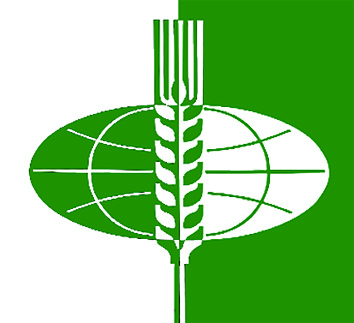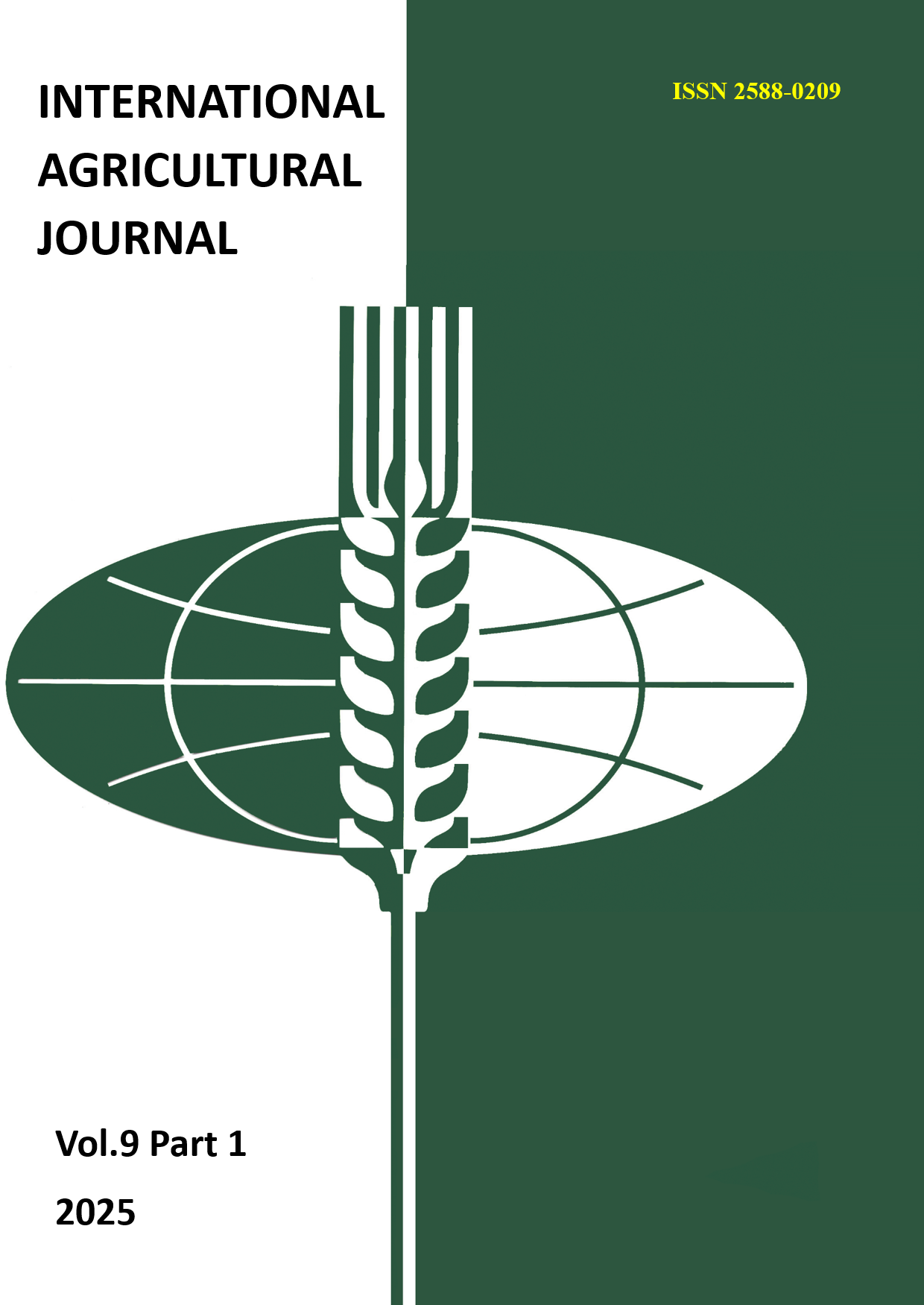This article discusses a study aimed at optimizing land use in rice-growing zones in Kuban to improve the environmental situation and increase the production efficiency of this crop. The features of land use in rice-growing zones were studied, where it was found that lands for rice cultivation function as means of production and natural resources, including water sources, which play a critical role in the ecosystem. Modern rice cultivation technologies are characterized by the active use of pesticides and mineral fertilizers. Although this contributes to a temporary increase in yield, it also leads to the accumulation of chemicals in the environment. Such practices reduce predicted yields and destabilize production, which emphasizes the economic inefficiency of the technologies used. The study revealed an important problem - a decrease in the humus content in the soil and a decrease in the gross rice harvest in the Krasnodar Territory, which indicates an environmental disaster that may occur by 2035. The author emphasizes the need to implement adaptive approaches to land use: this will not only increase the yield and quality of grain, but also ensure an ecological balance in the region. In the context of sustainable land use, the emphasis is on the efficiency of land management, which provides for the integration of irrigation systems, rational water management and rational use of land. Integrated land management is becoming an essential part of land use optimization, which contributes to increasing the economic efficiency of farms and preserving natural resources.
land use, rice growing, land management, forecast, economic efficiency, environmental sustainability of the territory.
1. Volkov, S. N. Otrasl' zemleustroystva v Rossiyskoy Federacii i napravleniya ee razvitiya / S. N. Volkov, V. I. Nilipovskiy // Izvestiya Mezhdunarodnoy akademii agrarnogo obrazovaniya. – 2023. – № 65. – S. 44-52.
2. Garkusha, S. V. Perspektivy razvitiya otrasli risovodstva v Rossiyskoy Federacii / S. V. Garkusha, V. S. Kovalev, L. V. Esaulova // Teoriya i praktika adaptivnoy selekcii rasteniy (Zhuchenkovskie chteniya VI): Sbornik nauchnyh trudov po materialam Mezhdunarodnoy nauchno–prakticheskoy konferencii, Krasnodar, 25 sentyabrya 2020 goda / Otv. za vypusk A.G. Koschaev. – Krasnodar: Kubanskiy gosudarstvennyy agrarnyy universitet imeni I.T. Trubilina, 2021. – S. 38–41.
3. Goverdovskaya, M. D. Sostoyanie i tendencii razvitiya zemlepol'zovaniya v Krasnoarmeyskom rayone Krasnodarskogo kraya / M. D. Goverdovskaya // Zemleustroystvo, kadastr i monitoring zemel'. – 2024. – T. 19, № 5(232). – S. 306-313. – DOIhttps://doi.org/10.33920/sel-04-2405-06.
4. Karachina, A. A. Regional'nye osobennosti zemel' sel'skohozyaystvennogo naznacheniya Krasnodarskogo kraya / A. A. Karachina, D. S. Puzanova, G. N. Barsukova // Sovremennye problemy i perspektivy razvitiya zemel'no-imuschestvennyh otnosheniy: Sbornik statey po materialam VI Vserossiyskoy nauchno-prakticheskoy konferencii, Krasnodar, 25 aprelya 2024 goda. – Krasnodar: Kubanskiy gosudarstvennyy agrarnyy universitet im. I.T. Trubilina, 2024. – S. 135-141.
5. Malysheva N. N. Analiz i vektory razvitiya otrasli risovodstva / N. N. Malysheva, S. V. Kizinek, A. E. Hadzhidi, E. V. Kuznecov // Melioraciya i gidrotehnika. – 2023. – T. 13, № 4. – S. 1–25.
6. Federal'naya sluzhba gosudarstvennoy statistiki po Krasnodarskomu krayu [Elektronnyy resurs] // Informacionnyy portal – Rezhim dostupa: https://krsdstat.gks.ru/agriculture_kk
7. Hlystun, V. N. O strategii racional'nogo ispol'zovaniya sel'skohozyaystvennyh zemel' Rossii / V. N. Hlystun // Zemleustroystvo, kadastr i monitoring zemel'. – 2024. – T. 19, № 5(232). – S. 261.
8. Hlystun, V. N. Rol' zemleustroystva v organizacii racional'nogo ispol'zovaniya i ohrany zemel'nogo potenciala strany / V. N. Hlystun // Plodorodie. – 2024. – № 3(138). – S. 5-9. – DOIhttps://doi.org/10.24412/1994-8603-2024-3138-5-9.














